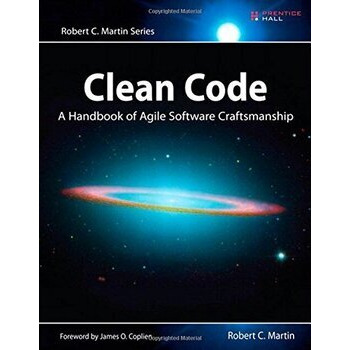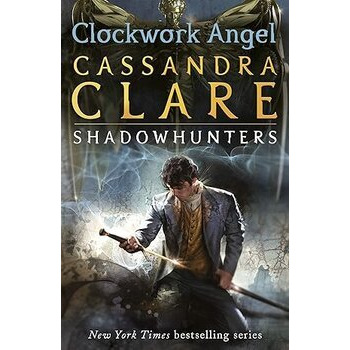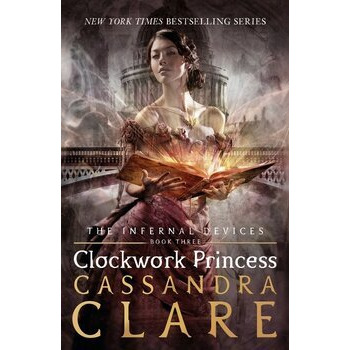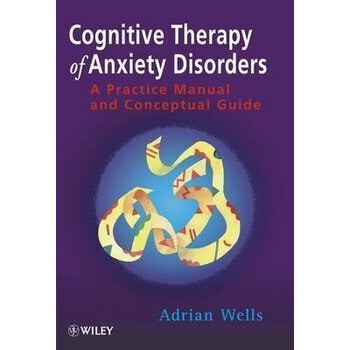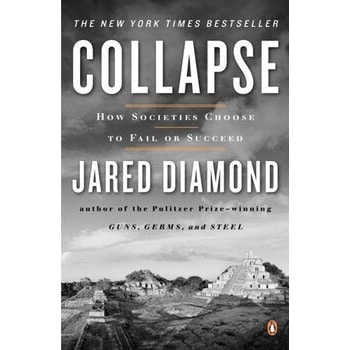City of Glass
City of Glass by Cassandra Clare is the third book in The Mortal Instruments series, where Clary Fray travels to the City of Glass, the capital of the Shadowhunter world, in search of answers about her heritage and to save her mother. As Clary uncovers deeper truths about her family and her connection to the Shadowhunter legacy, she faces dangerous enemies, including the dark and powerful Valentine, who has a sinister plan that threatens all of humanity. With intense battles, shocking revelations, and emotional twists, City of Glass is a thrilling continuation of Clary's journey in a world filled with demons, magic, and complex relationships.
City of Spies
City of Spies by Sorayya Khan is a historical novel set during the tumultuous period of World War II in British-occupied India. The story follows a young girl named Saba, who lives in Lahore, a city caught between the impending partition of India and the unrest caused by global conflicts. Saba's life is turned upside down when her father, a high-ranking official, is accused of being a spy. As tensions rise and the world around her becomes increasingly fractured, Saba is forced to navigate her own emotions and confront the complexities of loyalty, identity, and betrayal. The novel explores themes of political intrigue, personal sacrifice, and the impact of war on individual lives.
Civil Democratic Islam
Civic Democratic Islam: Partners, Resources, and Strategies by Cheryl Benard explores the potential for developing a version of Islam that aligns with democratic values and civil society. The book analyzes the role of Islam in contemporary political landscapes, particularly in Muslim-majority countries, and discusses how democratic principles can be integrated with Islamic traditions. Benard examines the efforts of various Muslim reformers and advocates for a vision of Islam that promotes individual freedoms, human rights, and political participation while remaining true to core Islamic teachings. The book is a thought-provoking exploration of how Islamic societies can reconcile religious beliefs with democratic governance and civil liberties.
Clean Code
Clean Code: A Handbook of Agile Software Craftsmanship by Robert C. Martin is a guide to writing clean, efficient, and maintainable code. The book emphasizes the importance of good software design practices and offers practical advice for improving code quality. Martin provides clear principles and techniques for writing code that is easy to read, understand, and modify, stressing the value of simplicity and clarity. Through numerous examples, the book teaches best practices for structuring code, naming variables, and minimizing complexity. A must-read for software developers, Clean Code is an essential resource for anyone looking to improve their coding skills and produce high-quality software.
Clinical Handbook of Psychological Disorders
Clinical Handbook of Psychological Disorders by David H. Barlow is a comprehensive guide for clinicians and mental health professionals. The book provides detailed, evidence-based approaches to diagnosing and treating a wide range of psychological disorders, including anxiety, depression, obsessive-compulsive disorder, and more. Each chapter focuses on a specific disorder, offering practical treatment strategies, case examples, and the latest research on therapeutic interventions. The handbook emphasizes cognitive-behavioral therapy (CBT) and other empirically supported treatments, making it an essential resource for therapists, psychologists, and students in the mental health field.
Clockwork Angel
Clockwork Angel by Cassandra Clare is the first book in The Infernal Devices trilogy, a prequel series to The Mortal Instruments. Set in Victorian London, the story follows Tessa Gray, a young woman who discovers her ability to shape-shift into others, an ability that places her in the dangerous world of shadowhunters—warriors dedicated to protecting humanity from demons. After Tessa's brother is kidnapped, she finds refuge with Will Herondale and Jem Carstairs, two shadow hunters who guide her in her quest to rescue him. As Tessa learns about her powers and uncovers dark secrets, she is drawn into a world of mystery, magic, and romance. Clockwork Angel blends fantasy, adventure, and romance, establishing an intriguing universe of creatures, betrayal, and hidden agendas.
Clockwork Princess
Clockwork Princess by Cassandra Clare is the final book in The Infernal Devices trilogy, a prequel series to The Mortal Instruments. The story follows Tessa Gray, a young woman with the ability to shape-shift, who is caught in a love triangle between two shadow hunters, Will Herondale and Jem Carstairs. As the clockwork creatures and dark forces that threaten London intensify, Tessa must confront the truth about her origins and her powers, while facing immense personal sacrifice. The novel delves into themes of love, loyalty, and identity, as the characters confront their destinies and battle against the powerful forces that seek to destroy them. Clockwork Princess brings a dramatic and emotional conclusion to Tessa's journey, wrapping up the complex relationships and epic adventure of the series.
Coaching for Performance, 5th Edition
Coaching for Performance (5th Edition) by Sir John Whitmore is a definitive guide to effective coaching, leadership, and performance improvement. It introduces the renowned GROW model (Goal, Reality, Options, Will) and emphasizes a transformative approach to coaching that fosters self-awareness, responsibility, and potential in individuals and teams. The book explores how coaching can enhance workplace productivity, leadership development, and personal growth. Ideal for managers, leaders, and coaches, it provides practical insights into unlocking performance through a supportive and empowering coaching culture.
Codependent No More
Codependent No More by Melody Beattie is a self-help classic that explores the concept of codependency and provides guidance on breaking free from unhealthy relationships. Through personal insights, practical advice, and reflective exercises, Beattie helps readers recognize destructive patterns, set boundaries, and reclaim their independence. This book is essential for anyone struggling with codependency, addiction-related relationships, or seeking emotional healing and self-empowerment.
Cognitive Behavior Therapy, Second Edition
Cognitive Behavior Therapy, Second Edition by Judith S. Beck is a comprehensive guide to the principles and practice of cognitive behavioral therapy (CBT). It provides a structured approach to identifying and modifying negative thought patterns, helping individuals manage psychological distress. The book covers fundamental CBT techniques, case conceptualization, treatment planning, and practical applications for various mental health conditions. With a focus on evidence-based strategies, this edition is an essential resource for therapists, students, and anyone interested in understanding CBT.
Cognitive Therapy of Anxiety Disorders
Cognitive Therapy of Anxiety Disorders by Adrian Wells is a comprehensive guide to understanding and treating anxiety disorders through the lens of cognitive therapy. The book presents a detailed exploration of how cognitive models can be applied to various anxiety disorders, including generalized anxiety disorder, panic disorder, social anxiety, and phobias. Wells explains the role of maladaptive thought patterns, beliefs, and cognitive processes in the development and maintenance of anxiety, offering evidence-based strategies for intervention. With practical insights and therapeutic techniques, this book serves as an invaluable resource for mental health professionals looking to apply cognitive therapy to help individuals manage and overcome anxiety.
Collapse
Collapse: How Societies Choose to Fail or Succeed by Jared Diamond is a thought-provoking exploration of why some civilizations have thrived while others have collapsed. Diamond examines the environmental, societal, economic, and political factors that contributed to the downfall of past societies, such as the Maya, the Vikings, and Easter Island. He also looks at contemporary issues and questions whether modern societies are headed down similar paths due to environmental degradation, climate change, and unsustainable practices. Through an interdisciplinary lens, Diamond argues that human decisions—rather than inevitable fate—are often at the core of societal collapse, offering lessons on how we might avoid similar fates today.




